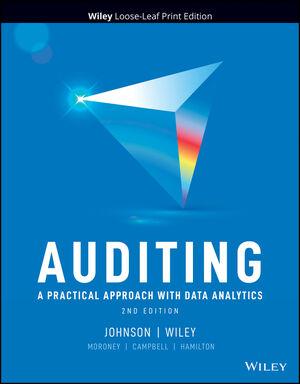Auditors spend significant time gaining an understanding of their client and the industry in which it operates.
Question:
Auditors spend significant time gaining an understanding of their client and the industry in which it operates. It is important to know key terminology related to financial accounting, business organization, and auditing concepts, such as the following.
1. Common-size analysis.
2. Trend analysis.
3. Board of directors.
4. Audit committee.
5. Corporate governance.
6. Those charged with corporate governance.
7. Analytical procedure.
8. Related party.
9. Liquidity.
10. Solvency.
11. Closing procedures.
12. Direct and material effect.
13. Indirect effect.
14. Entity-level risk.
15. Transaction-level risk.
Required
For each description below, select the above numbered concept that best applies. The concepts may be used once, more than once, or not at all. Select only one answer for each item.
a. A group that represents shareholders/owners and is responsible for ensuring the entity is being run to benefit the shareholders/owners.
b. Processes used by a client at the end of a period to finalize the accounts.
c. An entity that is not independent of the client.
d. A comparison of account balances to a single line item.
e. The ability of a company to pay its current debts when they fall due.
f. A situation in which noncompliance with laws and regulations impacts amounts already included in the financial statements.
g. Client risk that affects only cash disbursements.
h. The analysis of financial information by considering the plausible relationship among sales revenue and allotted shelf space in a grocery store.
i. A committee of the board of directors responsible for hiring the external auditors.
j. A comparison of a client’s inventory turnover in days with the industry average.
Step by Step Answer:

Auditing A Practical Approach With Data Analytics
ISBN: 9781119785996
2nd Edition
Authors: Raymond N. Johnson, Laura Davis Wiley, Robyn Moroney, Fiona Campbell, Jane Hamilton





